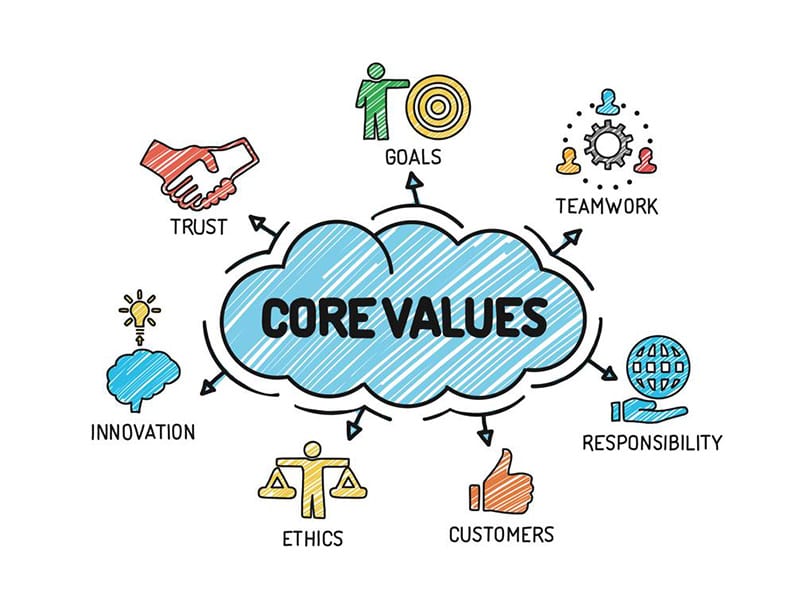
In today’s hyper-connected world, consumers are not only concerned about the products they buy but also about the values and ethics of the brands behind them. Ethical & Values-Based Marketing is a strategic approach that emphasizes transparency, sustainability, and social responsibility. Brands that align their marketing with ethical principles aim to build trust, strengthen their reputation, and appeal to conscious consumers. However, this marketing strategy is not without its challenges and potential pitfalls. In this blog post, we will delve into the concept of Ethical & Values-Based Marketing, exploring its benefits and complexities to gain a deeper understanding of its impact on businesses and society.
Defining Ethical & Values-Based Marketing:
Ethical & Values-Based Marketing involves promoting products and services by emphasizing the brand’s commitment to ethical practices, social causes, and environmental sustainability. This approach goes beyond mere profit-making and seeks to establish a meaningful connection with consumers who prioritize responsible consumption. The primary goals are to create positive social impact, align with consumer values, and foster long-term loyalty.
The Benefits of Ethical & Values-Based Marketing:
Building Trust and Loyalty: Consumers are more likely to trust and be loyal to brands that demonstrate a genuine commitment to ethical practices and responsible behavior. This trust can lead to higher customer retention rates and increased word-of-mouth referrals.
Competitive Advantage: In an increasingly crowded marketplace, ethical marketing can differentiate a brand from its competitors and attract consumers who are willing to pay a premium for products that align with their values.
Enhancing Brand Reputation: Ethical actions can positively influence a brand’s reputation, both among customers and stakeholders. A strong reputation can shield a brand from reputational crises and boost its standing in the industry.
Appealing to Conscious Consumers: The rise of conscious consumerism has led to a growing demand for products that do good for society and the environment. Ethical marketing allows brands to tap into this consumer segment and expand their market reach.
The Challenges and Complexities:
Greenwashing and Ethical Claims: Some brands engage in “greenwashing,” using misleading or exaggerated claims to present themselves as more ethical than they truly are. Consumers can become skeptical when they encounter these practices, leading to a loss of trust in such marketing efforts.
Balancing Profit and Purpose: Ethical marketing can be expensive and may require investments in sustainable practices or support for social causes. Finding a balance between social responsibility and profitability can be challenging, especially for smaller businesses with limited resources.
Consistency and Accountability: Brands must demonstrate consistency in their ethical commitments across all aspects of their operations. Inconsistencies or lapses in responsible practices can severely damage a brand’s reputation and trustworthiness.
Cultural and Value Differences: Values can differ significantly across cultures and demographics. What may be considered ethical in one region might not be perceived the same way in another. Brands must navigate these cultural nuances carefully to avoid unintentional missteps.
Ethical & Values-Based Marketing has become more than just a trend; it has evolved into a powerful force shaping the business landscape. Consumers are increasingly demanding that brands take a stand on social and environmental issues, pushing businesses to be more conscious and accountable. While ethical marketing can offer numerous benefits, it is essential for brands to navigate the complexities and challenges thoughtfully. By doing so, businesses can build stronger relationships with consumers, drive positive change, and contribute to a more responsible and sustainable future.
In this rapidly evolving landscape, the role of Ethical & Values-Based Marketing will continue to be critical in shaping the trajectory of businesses and influencing consumer behaviors. As brands embrace this approach, they must remember that authentic commitment, transparency, and consistent actions will be the cornerstones of their success in the ethical marketing realm.